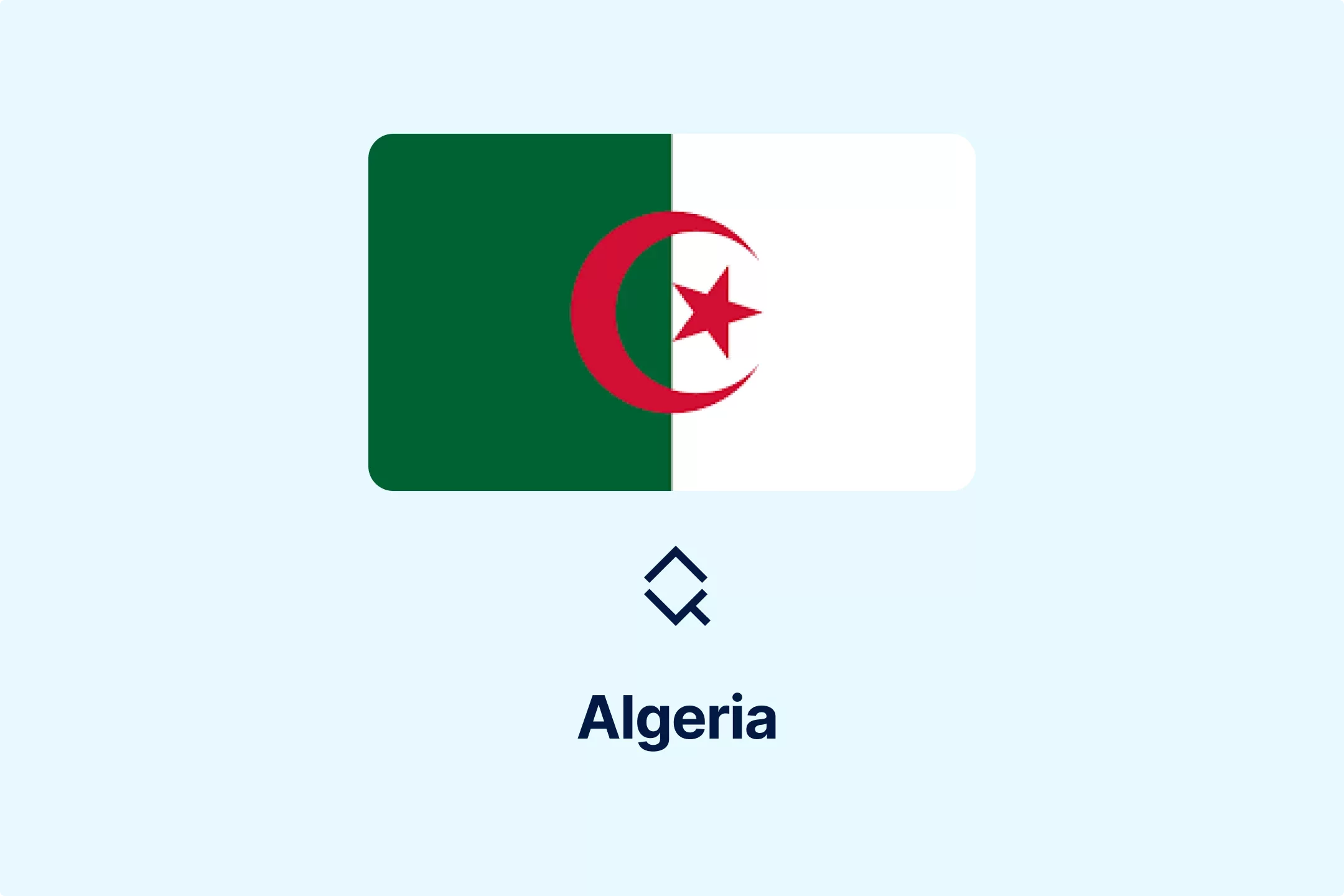Algeria VAT Regime Amendments 2025: Key Changes and Compliance Tips

On December 26, 2024, the Algerian Ministry of Finance published the Finance Law 2025, which amended specific provisions regarding corporate tax and value-added tax (VAT) and changes related to direct and indirect tax policies.
Amendments to the VAT regime include some new rules regarding exempting goods amortizable in the gas and electricity sector, VAT on imports, VAT on sales of locally produced goods, VAT on services, VAT refunds, and tax audit procedures and penalties.
Impact on Taxable Persons
One of the changes is extending a reduced VAT rate of 9% for services in the tourism sector until December 31, 2027. Until this measure was introduced, a standard VAT rate of 19% was applied to these services.
Businesses and consumers may also feel relief from the decision to apply VAT exemption and a reduced customs duty rate of 5% to frozen white meat and coffee imports. This measure will remain in place until December 31, 2025.
An additional measure that will be in effect until December 31 this year is the VAT exemption for importing and selling pulses and rice for human consumption and sale of locally produced fresh fruits, vegetables, eggs, broiler chickens, and turkey.
Under the revised procedure for VAT credit refunds, taxable persons must apply for refunds by the 20th day of the month following the quarter in which the credit was accrued.
Penalties for non-compliance with tax rules have also been amended. A penalty of DZD 2 million (around USD 14,700) is defined for those who refuse to provide the necessary information, records, books, and documents in the tax audit procedure.
For late responses in the tax audit procedure, a penalty of DZD 50,000 (around USD 370) is defined for each day of delay after the deadline, which is set at 20 working days. However, this penalty can be a maximum of DZD 2 million.
Similarly, a penalty of DZD 50,000 is defined for each piece of information only partially provided upon the request of the Tax Authority or when taxable persons provide insufficient or incomplete information. The maximum penalty is set at DZD 2 million. Submitting false information will result in a penalty of DZD 2 million.
If repeated offenses occur, penalties may be doubled, and the maximum is DZD 4 million (USD 29,500).
Conclusion
From the amendments that the Algerian government adopted and presented through the Financial Law 2025, it is clear that the aim is to foster economic growth, promote specific sectors such as tourism and agriculture, and ensure compliance with tax obligations.
Additionally, newly adopted and extended measures aim to provide to businesses and consumers, particularly regarding essential goods. Taxable persons should stay informed, monitor, and comply with updates to benefit from these measures and avoid severe penalties.
Source: Finance Law 2025

Featured Insights

Burkina Faso FEC E-Invoicing Mandatory July 2026
🕝 February 24, 2026More News from Algeria
Get real-time updates and developments from around the world, keeping you informed and prepared.
-e9lcpxl5nq.webp)




